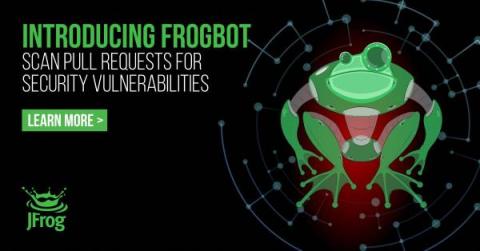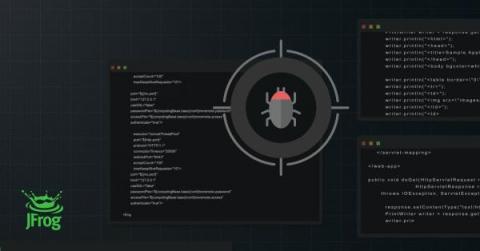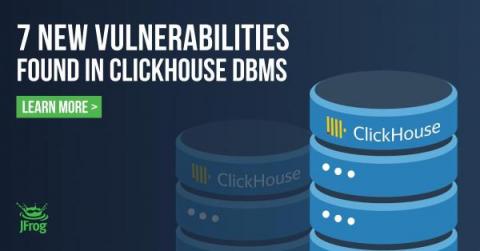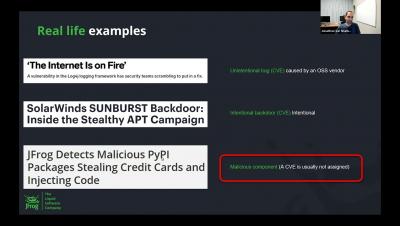CVE-2022-24675 - Stack overflow (exhaustion) in Go's PEM decoder
A few days ago it was reported that the new Go versions 1.18.1 and 1.17.9 contain fixes for a stack overflow vulnerability in the encoding/pem builtin package, in the Decode function. Given the high popularity of Go among our customers and in the industry at large, this update led us to investigate the vulnerability in previous versions.











